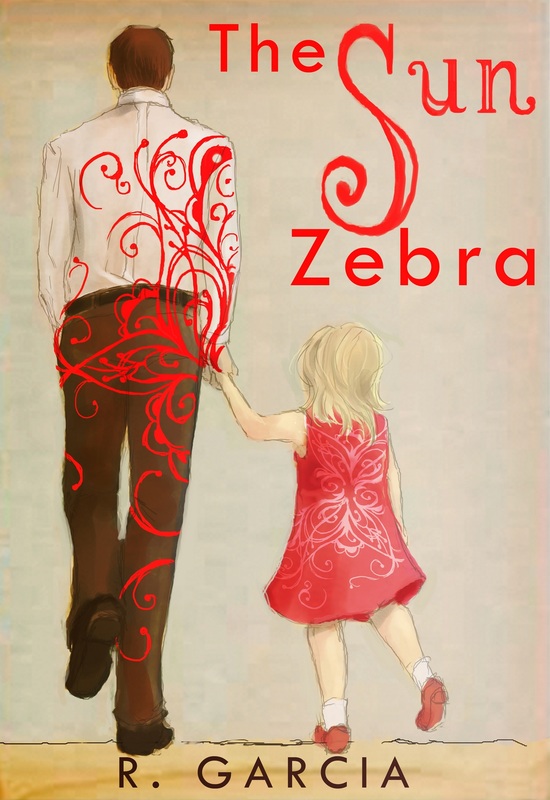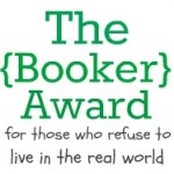If you click under the "funny" link above it will take you to a review of a product that Amazon deems to fall in the "just plain funny" category. It's a review of a shirt sold on Amazon that has an image of 3 wolves and the moon. The review claims that the shirt will allow you to get women and fly, and it has a video to prove it.
So here you have Amazon endorsing a fake review. You may argue that I should lighten up a little because this review is an obvious spoof that doesn't hurt anyone. But consider another product: Wolf Urine. Virtually all the reviews about this product are fake "just plain funny" reviews, except the one I am reproducing here:

I have read more than half of the reviews of wolf urine and they're all jokes. I would like to know if anyone has used this product to repel coyotes. A coyote nabbed my neighbor's pet cat from her front yard two weeks ago, and came back for the other cat four days later. Right now all the neighborhood cats have to stay inside, and talk about pissed, they are. Has anyone used wolf urine to repel coyotes? Did it work?
Still, I do understand the comedic value of the fake reviews. In fact they may actually help some products; but here is my beef. The thriller author Joe Konrath wrote a series of fake reviews in September to make his point that writing fake reviews is not necessarily bad. Among them was a review for a training aid to prevent dogs from eating their own poop.

By J. A. KONRATH "Thriller Author" (Chicago, IL USA)
This review is from: Solid Gold S.E.P. (Stop Eating Poop) 3.5oz (Misc.)
It helped cure a gross and disgusting habit that almost ended in divorce. But thanks to S.E.P. I'm now able to resist the temptation, and my wife is kissing me again.
These were not fake reviews. These were real, honest, and useful reviews of books by authors whose work he likes, and now they are gone forever. But here is the kicker: all of Konrath's fake reviews, including the one about the stop eating poop product, are still up!
So by Amazon standards leaving an honest, useful, review of a book by a fellow author whose work we respect is not acceptable, but leaving a fake review of a training aid to make dogs stop eating poop is.
Still think I need to lighten up a little?
OK, I will lighten up a little. How about this: Amazon Wants Authors to be Celibate and Hates Their Mothers!
***
If you like this blog you can have links to each week's posts delivered to your e-mail address. Please click here.


 RSS Feed
RSS Feed



